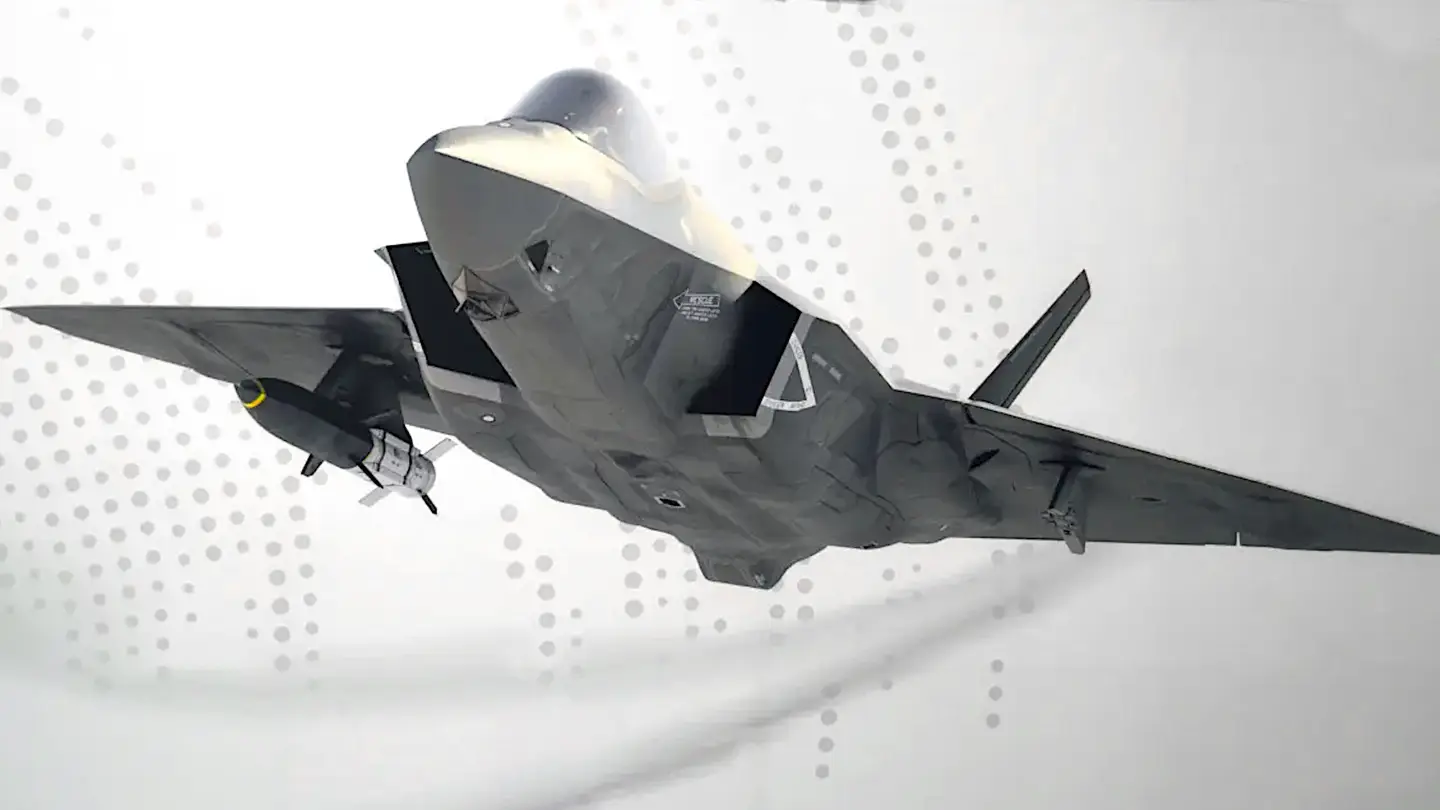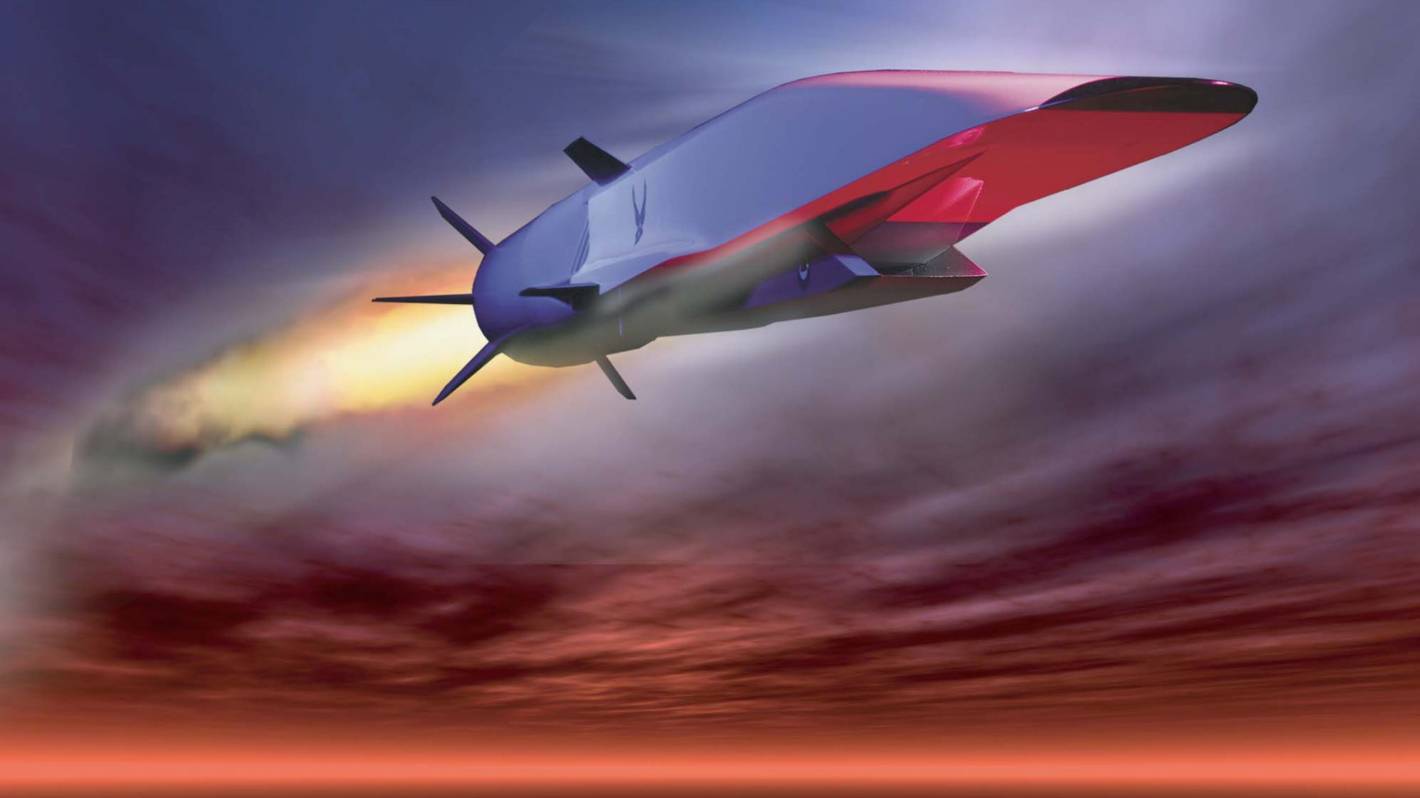Hypersonic ship-killer - Lockheed Martin and Raytheon to develop HALO missile for F-35C Lightning II fighter

The US Navy has signed contracts with Raytheon and Lockheed Martin to develop and build prototypes of a new hypersonic anti-ship missile. It will be developed as part of the Hypersonic Air Launched Offensive Anti-Surface (HALO) programme.
Here's What We Know
Lockheed Martin and Raytheon will be working on separate competing projects. The US Naval Air Systems Command (NAVAIR) has pledged $116m and said the weapons are key to tackling increasingly complex maritime threats in contested environments in future major conflicts. Particularly in the Pacific Ocean.

Both contracts expire in December 2024. Developments by Raytheon and Lockheed Martin will enable analysis of the propulsion system design required for a weapons system that will be suitable for aircraft carriers.
The HALO project is also known as Offensive Anti-Surface Warfare (OASuW) Increment 2. In fiscal year (FY) 2023, the US Navy received nearly $152 million for program development, with the service requesting about $96 million more in the draft FY2024 budget.
As you might have guessed, if there is an OASuW Increment 2 project, there must also be an Increment 1 program. This is the subsonic, short-range AGM-158C LRASM long-range anti-ship missile, developed by Lockheed Martin based on the AGM-158 JASSM.
The HALO hypersonic missile is due to enter service with the US Navy by 2029. The carriers of the new weapon will be the fifth generation F-35C Lightning II deck fighters. The AGM-158C LRASM, the predecessor of HALO, is used on US Navy F/A-18 fighters and US Air Force B-1B supersonic bombers.
Source: NAVAIR